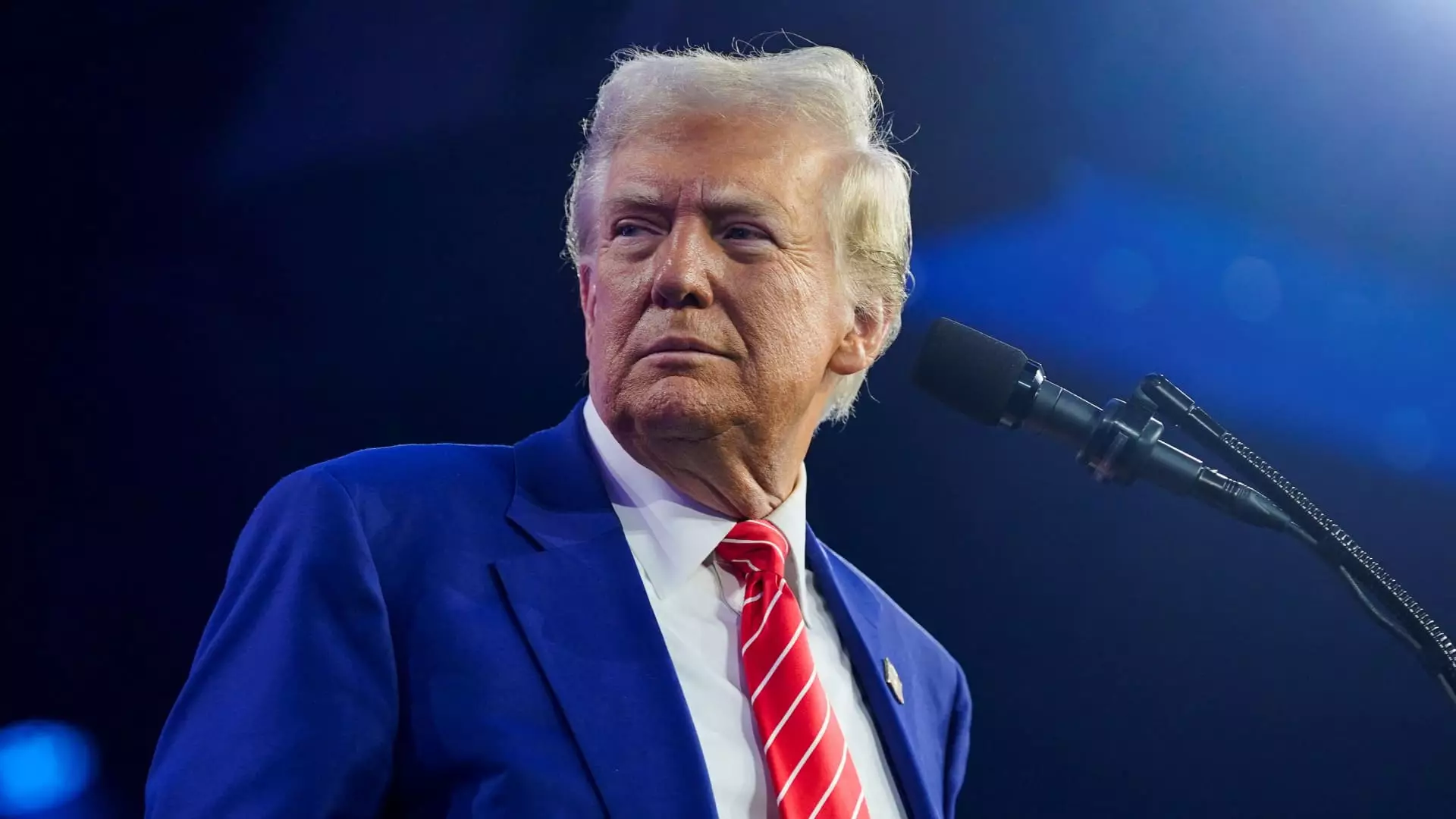The landscape of political leadership appears to be changing dramatically, as technology magnates and influencers increasingly populate government roles. President-elect Donald Trump has exhibited a clear inclination to integrate prominent figures from the tech industry into his new administration, marking a significant departure from the adversarial relationship that characterized his initial term. This evolving relationship highlights the potential for increased collaboration between government and Silicon Valley as well as the implications emanating from this movement.
One of the most notable appointments in Trump’s second administration is Sriram Krishnan as a senior policy advisor for artificial intelligence within the Office of Science and Technology Policy. His impressive background encompasses roles at major tech firms like Microsoft and Meta, which positions him well to steer innovative policy initiatives that could redefine governmental processes. Krishnan’s previous experience, particularly in assisting Elon Musk with the management of X—an acquisition controversial in various circles—underscores his strategic relevance within the tech-government nexus.
Equally significant is the nomination of Scott Kupor from Andreessen Horowitz to lead the Office of Personnel Management. This position, responsible for optimizing recruitment and modernizing resources available to governmental personnel, appears essential for Trump’s goal of promoting efficiency within the bureaucracy. Kupor’s collaboration with Musk and Vivek Ramaswamy on the Department of Government Efficiency (DOGE) signals an aggressive agenda for cutting unnecessary expenditures and regulations, highlighting a strategic pivot toward a streamlined government.
Musk’s ascent as a central advisor to Trump cannot be overstated. His prominence, both in business and politics, gives him a unique platform to influence governmental policies. As the head of multiple high-profile companies—including Tesla and SpaceX—Musk brings with him a wealth of knowledge in disruptive technology and innovation. Furthermore, his close relationship with the president-elect raises questions about the compatibility of corporate interests and public policy. In this context, his influence could steer significant funding and regulatory changes beneficial to his ventures, while also elevating the overall political capital of Silicon Valley.
The inclusion of David Sacks, another cohort from the tech realm and a longtime associate of Musk’s, as the “czar” of crypto and AI reveals a broader trend where financial and technological sectors are woven closely into the fabric of national governance. This dynamic underscores a potential risk, as the blending of corporate ambition with public policy could create scenarios where profit motives overshadow the interests of citizens.
The tech industry has reacted favorably to these appointments, with many industry leaders applauding Trump’s selections. Comments from former Meta executive David Marcus and Box CEO Aaron Levie signal a shift toward a more constructive relationship between government and Silicon Valley. This cooperative atmosphere, lacking during the previous administration, raises questions about the potential for innovation-led governance that could set the stage for a more robust economic trajectory.
However, while these appointments may appear promising from a business perspective, they reveal underlying tensions between traditional political frameworks and the modern demands of a technology-driven society. Questions arise regarding accountability and transparency, particularly when significant stakeholders in the tech world occupy pivotal governmental roles.
The significant influx of tech elites into Trump’s second administration signals a new era of governance that prioritizes efficiency, innovation, and the leveraging of technological advancements. While these developments have the potential to modernize government operations and invigorate regulatory reform, they also pose profound questions about the intersection of corporate capitalism and democracy. As power dynamics shift, the responsibility rests with both the incoming administration and the tech leaders to ensure that their collaboration fosters a fair and equitable society. The balance between innovation and accountability will ultimately define the success of this unprecedented political experiment.

